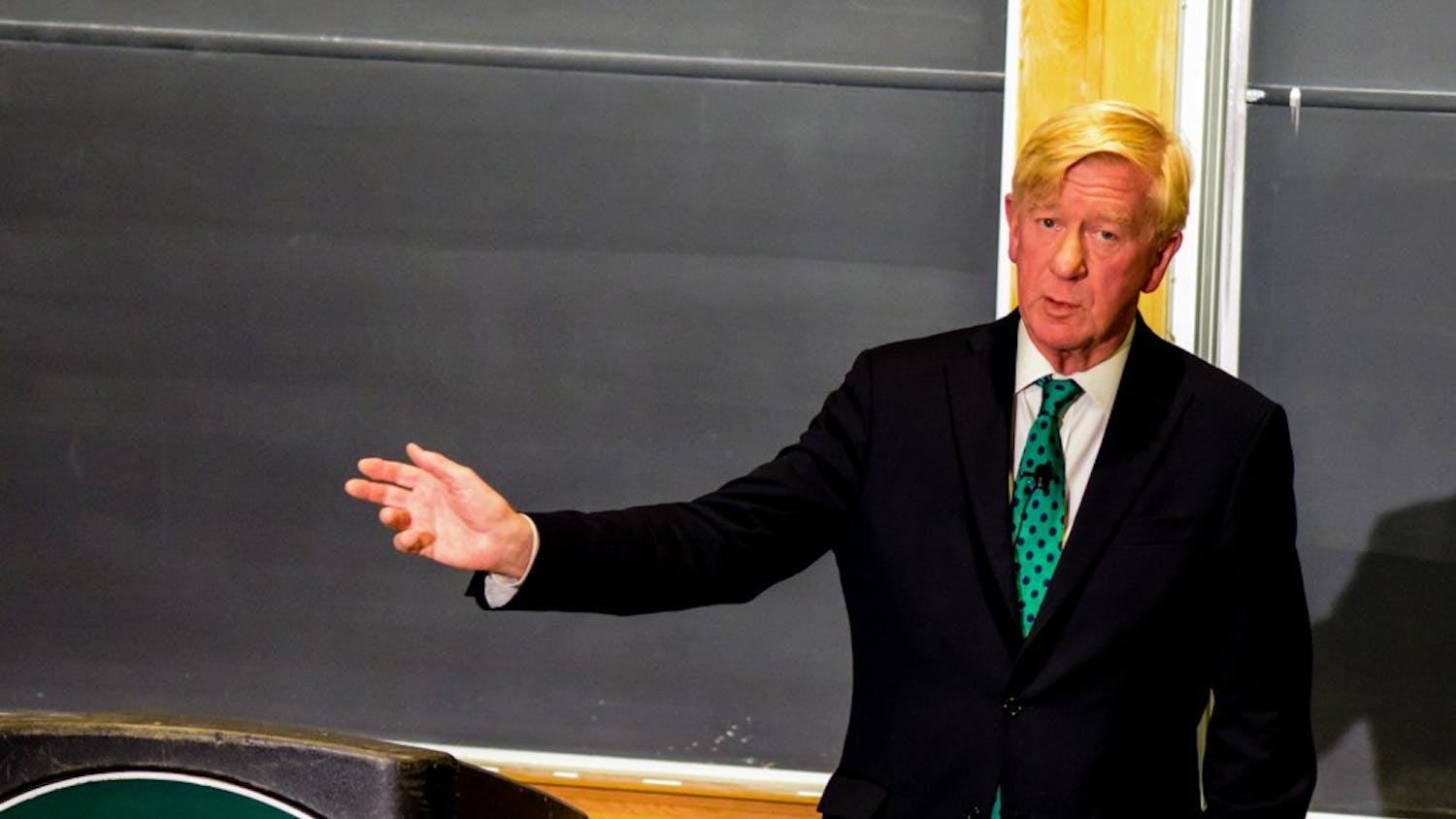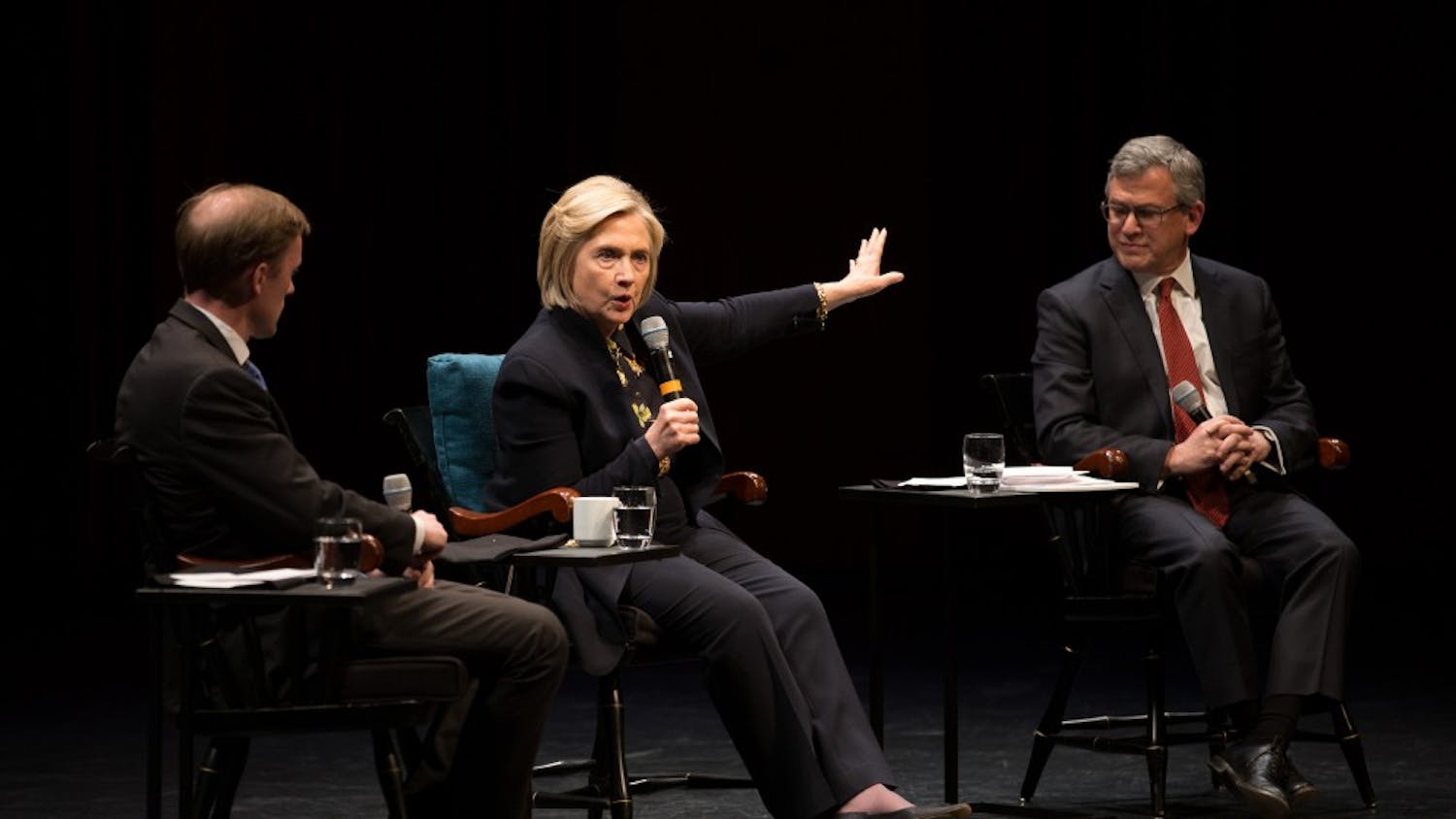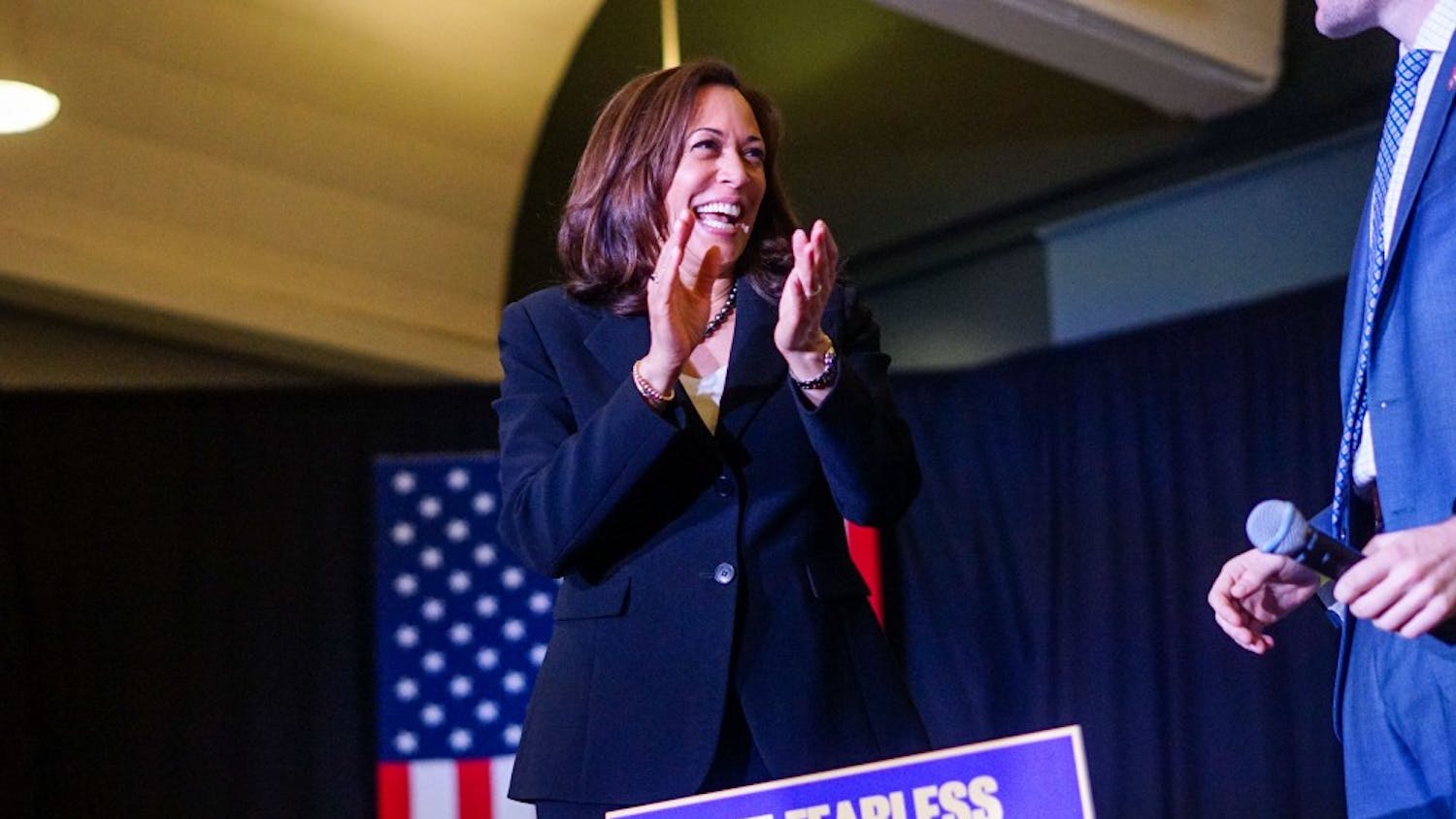Former undersecretary of state for public diplomacy and public affairs Steve Goldstein spoke at a Dartmouth Political Union event on Wednesday, during which he discussed his brief work with the Trump administration as well as his views on politics and diplomacy. Goldstein gave a detailed account of his dismissal from the Trump administration during the event, saying that he was relieved from his duties after issuing a statement that contradicted the White House’s account of former secretary of state Rex Tillerson’s removal.
Before working in the Trump administration, Goldstein had a long career in communications, working for members of Congress, the U.S. Department of the Interior and the Wall Street Journal.
The Dartmouth sat down with Goldstein after his talk about his career in public service and corporate communications and the Trump administration.
Under the present administration, changes to the Foreign Service have prompted concerns among many. What is your advice for students interested in going into foreign affairs who have these concerns?
SG: Serving in the Foreign Service is one of the greatest things that you can do. It’s worthy, and I think people that are interested should pursue it. I think it’s harder now. There’s no question that when you’re responding to tweets and when you’re having to react to the constant flow of the news of the day, that it makes your job more difficult. But that’s a challenge, too, in some regard. Issues exist in the public sector and the private sector. So you have to decide going into any job what’s important to you. And then you shouldn’t compromise those values. If an issue is that important to you and the company or the entity that you’re going to work for doesn’t stand for that, that’s not the place for you. But I think when people stop and think about it more clearly, there are very few issues that fit in that category.
The White House doesn’t hold regular press briefings anymore. As an experienced communications professional, how would you say this impacts the system of checks imposed by free and active media?
SG: I believe that there should be press briefings every day. And I wish that they would do press briefings every day, but I will tell you the President himself is available almost every day. So while the press secretary doesn’t come out to the briefing room, the President talks to reporters on a daily basis. And that’s why you’re seeing what you’re getting on television.
From a communications standpoint, how did those under you do their jobs while the President actively tweeted on social media without consulting his advisors?
SG: It definitely affects them, because they are having to respond to it. And one of the things I tried to do was tell people, take what is good and go forward and just focus on the job itself. But it definitely is impactful. That’s not going to change; tweeting is here to stay. It’s more negative in some places and in some places that’s instructive because it tells you exactly where the President stands. And in many ways, you want to know where the President stands — it makes your job easier. The issue is not so much as long as the President stands for that same thing tomorrow and the next day. It’s a matter of whether the tweets remain solid or whether they change. But President Trump is a very good communicator. You might not like how he communicates, but he knows how to do it. He’s very effective at it.
What are his strengths in communication?
SG: He knows how to reach the American people. He can control the news. He is able to get his own message out and he fights back. All of that can be a negative too. But by and large, I think it’s a positive.
Do you think we’ve witnessed a decay in trust in the American government internationally under the Trump administration?
SG: I think there’s some people who have more trust in their government and there’s some people who have less trust in their government. That exists in every administration, but I think you’re just hearing about it more now. I understand the concern that some people have, and I think that’s legitimate on their part. But I think there are also people that feel like the government is doing exactly what they wanted to do.
You led communications teams throughout your career. How did your interest in communications arise?
SG: I have always been interested in the media and cared about the news. When I was 12 years old, I always told people I wanted to be the White House press secretary. I think it was just something that interested me. I don’t know why anyone gravitates to what they do. It just happened.
My father and mother watched the news a lot, and I always liked spin — trying to figure out how you sell a certain thing. And I don’t want to be a salesperson, I’m not good at that. But I liked the idea of watching reporters figure out how to move the dial, and I thought that there was a lot of power in that. And I thought if you are the person helping them do it, you had even more power. I don’t think it was a power dynamic in terms of me having power, but I think it was a power dynamic in terms of making a difference in this country. I used to tell one of the CEOs I worked for, “I need you, but you need me.” And I think he understood that you can make a real difference — you can use PR for good. You can publicize the story of a family whose home burned down, and you can get people to donate money to have them rebuild a home. A lot of good things can come out of PR.
This interview was edited and condensed for clarity and length.



